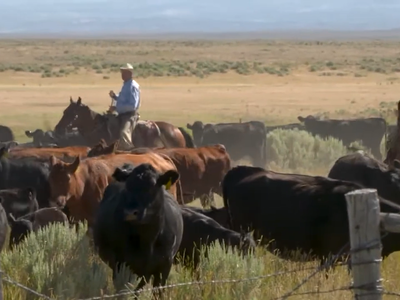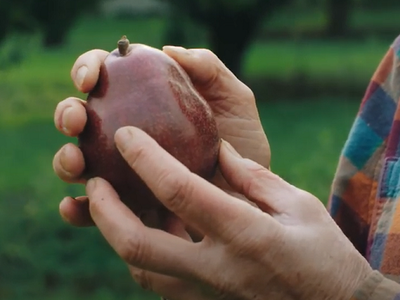Stock Lodging and Gene Editing
In a discussion with a member of a multi-collegiate research team on the subject of stalk lodging, University of Idaho scientist Dr. Daniel Robertson told me that between 5% and 25% of corn rice and wheat crops are lost worldwide due to this problem where plant stocks are not strong enough to hold their yield and fall over. While working on the problem, I asked Dr. Robertson if gene editing might be employed as a solution. Weak corn and sorghum stalks cause the loss of about 20 percent of the crops in the U.S. annually, and a multi-university consortium is trying to find out why. They are working with approximately one-third of a four-year, $6 million grant from the National Science Foundation for the interdisciplinary study.Corn and sorghum play a vital role in a world where food production must double by the year 2050 to sustain the ever-growing human population. The crops function not only as food for humans and animals, but also are used for biofuels and various industrial products. In many underdeveloped nations, corn and sorghum are primary dietary staples and two of the top-traded food commodities, among other grains, such as rice, wheat and soy. The production of these crops is increasingly threatened by disease, climatic factors and stalk lodging.













